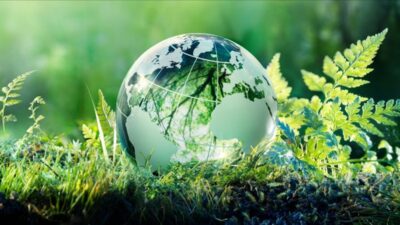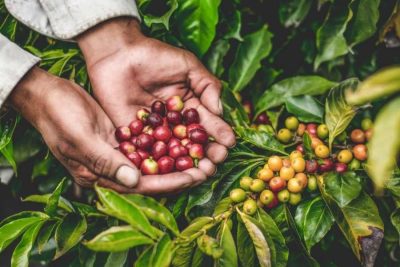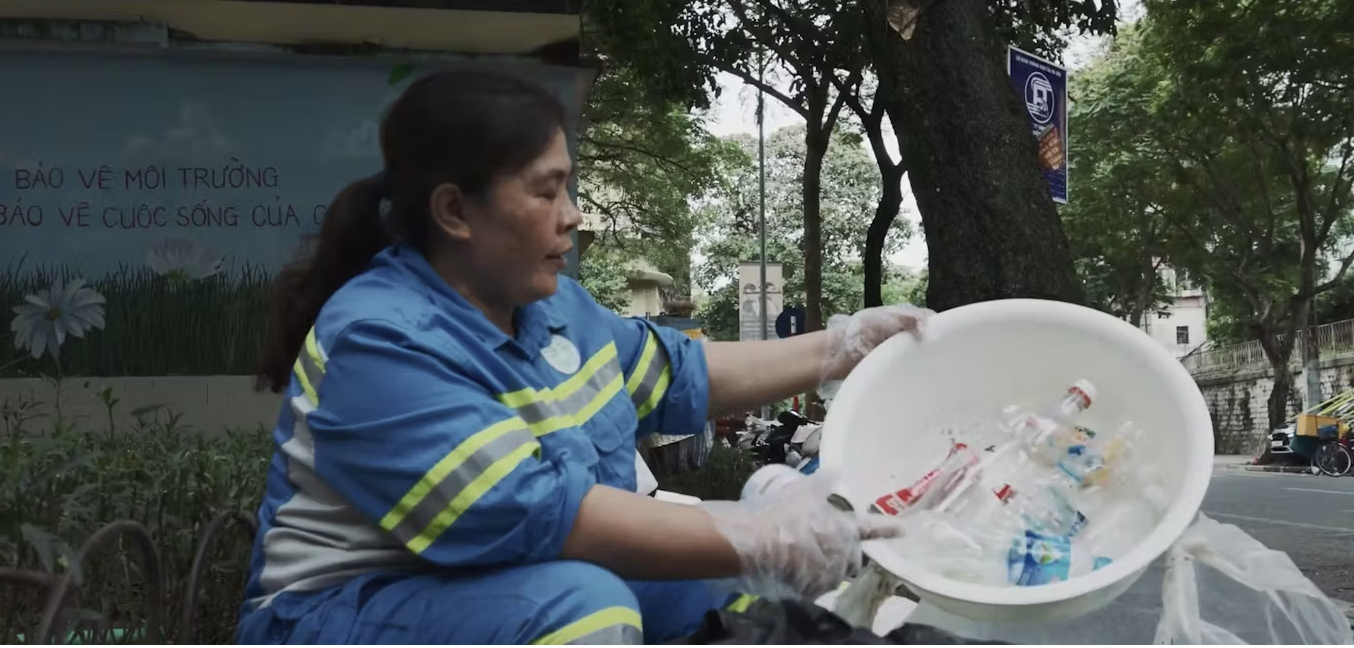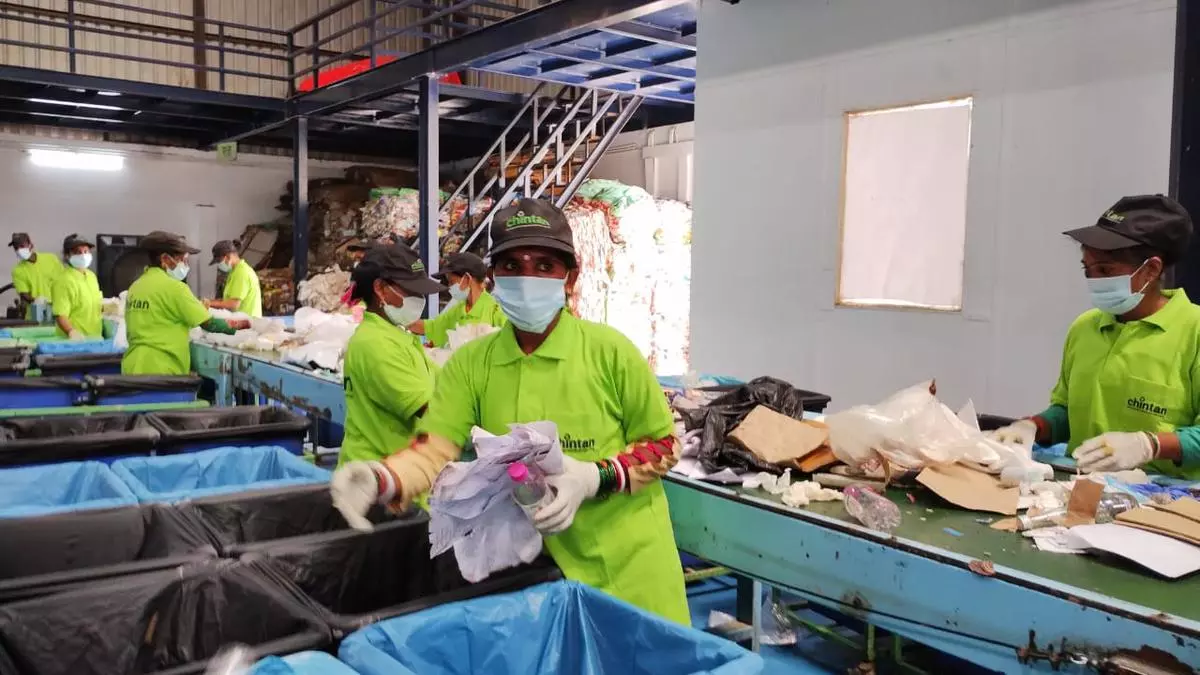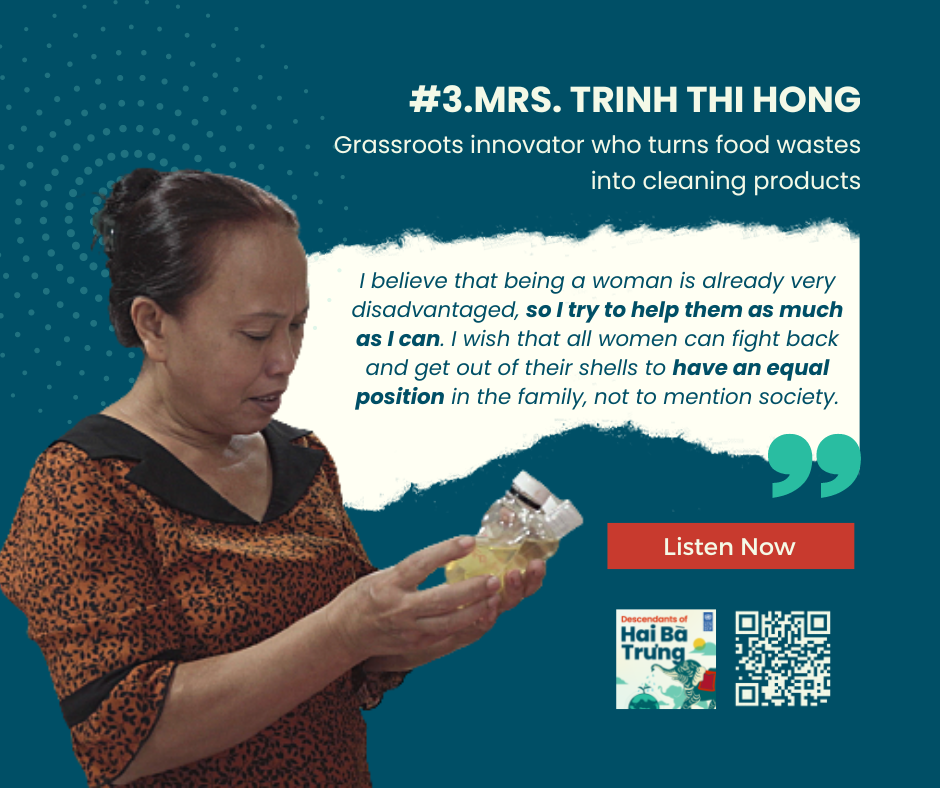
Instead of throwing away organic garbage, Trinh Thi Hong now converts it into soap products that are good for human health and the environment and are worth up to 5 billion VND.
The first podcast of the United Nations Development Program (UNDP) “Descendants of Hai Ba Trung” has told the narrative of Trinh Thi Hong, Director of Minh Hong Biotechnology Co., Ltd., who can make organic waste smell good through self-research and adapting to the circular economy model.
Trinh Thi Hong was once employed, had no formal training in biotechnology, but she managed to develop a method for turning organic waste into detergents and soaps. 400 underprivileged women in Da Nang City get jobs because of her strategy as well.
By addressing waste problems and boosting women’s economic power, Ms. Hong’s circular economy approach has helped. She produces a variety of goods, including shampoo, hand sanitizer, dishwashing liquid, washing liquid, home cleaning liquid, and others, all of which are created entirely from organic waste, such as unharmed fruits, vegetables, and plants from nearby households.
Mrs. Hong discussed this in the UNDP podcast, saying that she does not view litter as waste but rather as organic biological products.
“Actually, even though it is considered garbage, it’s just organic stuff, vegetables and fruits, only when thrown away will they become waste. As long as they haven’t thrown it away, it’s still usable. I told everyone in my neighborhood not to throw it away but to bring it to my house and they did it. I sorted the waste, then I washed them, and recycled them. I failed a few times at first because I was trying to figure out the formula, but after some time, I succeeded in turning them into liquid detergents.
It takes a lot of time to create the product because this is not my expertise. So for people who are trained to do this, they could do it faster than me.” – Mrs. Hong candidly shared.

Vegetables, twigs, leaves and discarded plants are brewed following a recipe to make soap.
Refuse a 5 billion VND offer to keep the formula and help poor women
According to Mrs. Hong, this initiative started more than 10 years ago. Starting in 2009, when she saw that her neighborhood was full of garbage, Mrs. Hong mobilized the youth from elementary to 9th grade to establish a youth team. She then broke them into groups to clean up the surrounding roadways and remind people not to litter carelessly.
The good news spread far and wide, Mrs. Hong’s youth team to protect the environment has resonated. Ms. Hong was invited to Ho Chi Minh City to share her story, after which she was invited to participate in the 2012 Asian Urban Poverty and Community Development Conference in the Philippines.
Here, Mrs. Hong had access to biotechnologies of other countries, especially the recipe of a Thai female professor, and found a way to realize her ideas. However, she said that the recipe she learned from the Philippines was very general and had to experiment many times to find her own recipe.
“When I first started, I did not dare to immediately start with the garbage but experimented on the Panama berries. After that, I swept the leaves from the street and collected them, washed them, and proceeded to brew them. The first time it was made, it was rotten, sometimes it stunk, like a sewer, time after time. I didn’t know why it stunk. Every time I failed, I went to my computer and found out why it was rotten. The product has improved gradually and has a better scent, smoother, better foaming” – Mrs. Hong recalled the experience.

The recipe from Ms. Hong is made available to underprivileged women in Da Nang City.
It is important to consider if the quality is healthy or not while satisfying the requirements for the texture and color of the detergents. In 2012, this driven woman initially took the item to Da Nang’s Technical Center No. 2 for Standardization, Metrology, and Quality. The outcomes, though, fell short of expectations.
By October 2015, after extensive testing, Ms. Hong’s products had mostly complied with the requirements of the Ministry of Health; the pH, however, was still too low. From October 2015 to June 2016, Hong completed this last requirement using a variety of techniques.

The booth presents the organic product initiative of Minh Hong Biotechnology Company.
Thus, in 4 years (2012 – 2016), Ms. Hong spent all her time stabilizing the formula, and being trained in entrepreneurship and business to bring products to market.
“After 4 years and many times of experimenting from one way to another, it was not until 2016 that I got the complete recipe, including 3 parts sugar; 3 parts of organic waste, vegetables, and fruits; 10 parts water. This ratio will vary depending on which vegetables are used as ingredients. When brewed long enough, the combination will create its own micro-organisms, and this army of microorganisms will remove the dirt and disinfect it in self-invented soaps” – Mrs. Hong recalls the time of trying patiently.
The circular economy model used by Ms. Hong is beneficial not only for producing soap from organic waste but also for enabling 400 poor women in Da Nang to earn additional income by recycling organic waste and producing the base products that can be sold to her company. The workers of the company will then filter, disinfect, and package the final products.
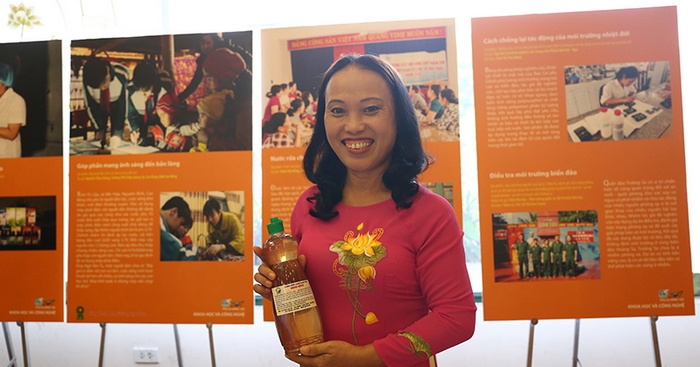
“There are numerous offers to acquire my formula, some of which are worth up to 5 billion VND, but I refuse to do so because doing so would mean that the poor would no longer benefit from it. I didn’t begin this with the intention of profiting from it. I consider that if I sell it to large corporations, the impoverished people will go back to living in poverty.”, shared inventor Trinh Thi Hong.
Regarding the forthcoming plan, Ms. Hong stated that while there hasn’t been significant product output, the business will stick with its current model and scale. She will return to Quang Nam province beginning in November 2022 to organize the community and create a prototype biotechnology and high-tech cooperative for herbal cosmetic care products with the intention of presenting the goods to supermarkets.
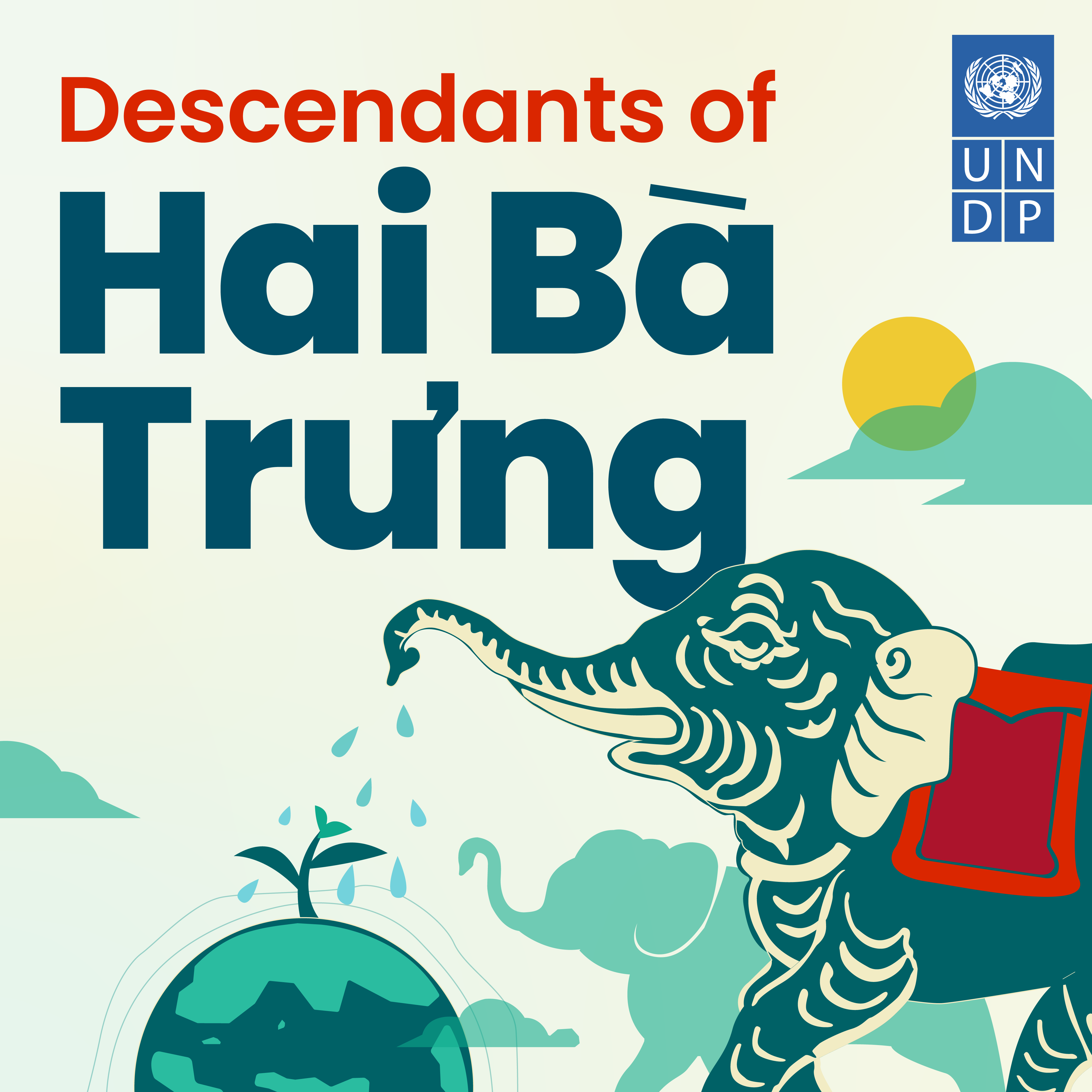
UNDP launched its first-ever podcast ‘Descendants of Hai Ba Trung’, featuring voices from the frontline of the climate crisis. Carefully curated, each episode showcases the journey of women from all backgrounds sharing their experiences in mobilizing their communities and taking action in agriculture, disaster risk reduction, circular economy, etc; to adapt and mitigate climate change. The podcast is expected to inspire women and ensure that women’s voices are not ‘left behind’ but heard at all levels.
You can subscribe to the podcast ‘Descendants of Hai Ba Trung’ at:
- Spotify: https://open.spotify.com/show/76iu2aL1mgVa9ADuEfjIh6, or
- Google podcast:
https://podcasts.google.com/feed/aHR0cHM6Ly9hbmNob3IuZm0vcy9iYzU4NzQxYy9wb2RjYXN0L3Jzcw
Source article and photos by: Mekong ASEAN and Ms. Trinh Thi Hong.

